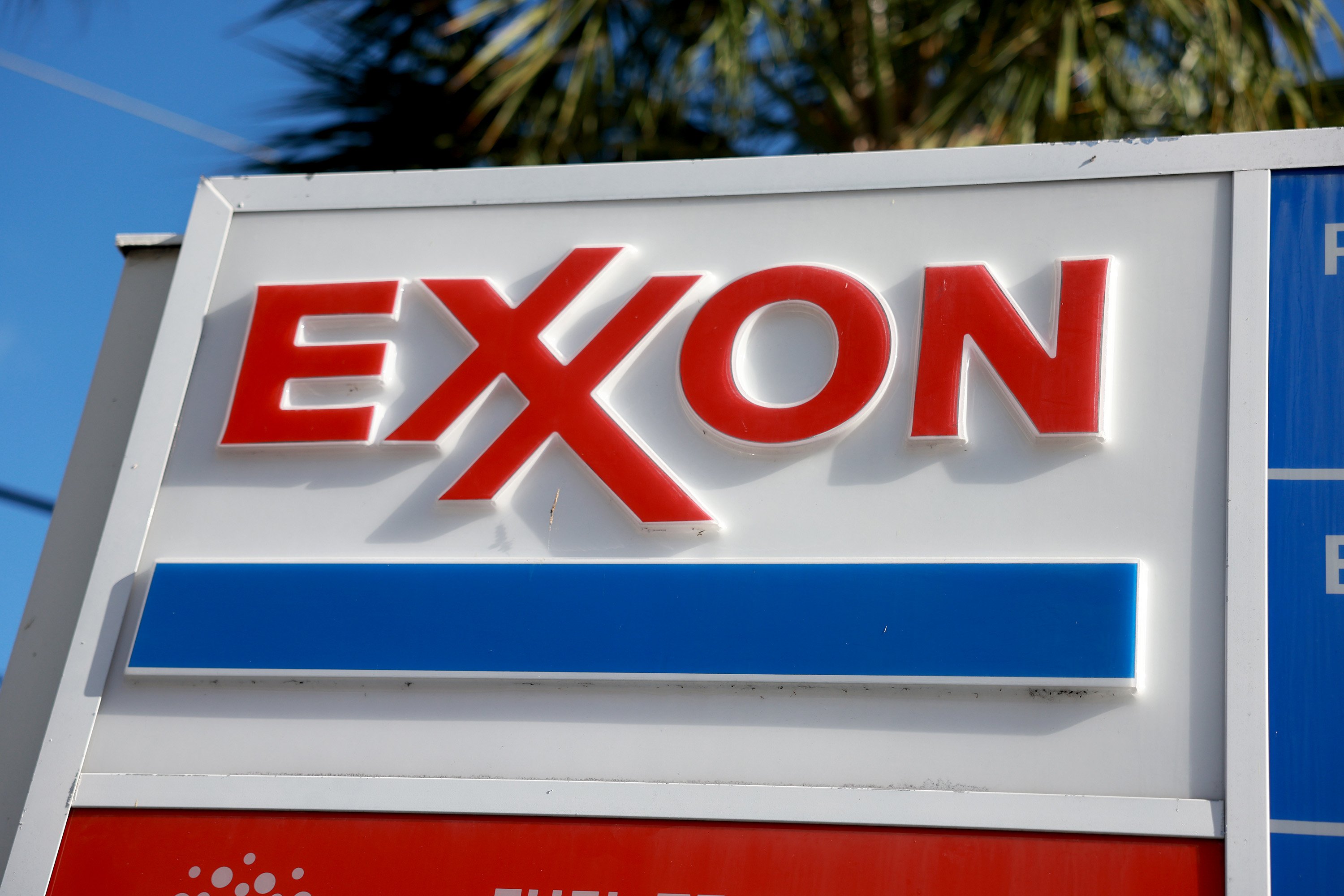Investing in integrated oil and gas companies -- aka big oil -- in general over the past several decades has been a rather lucrative venture. That is, if you were willing to buy during the low times. With oil prices still on the very low side, today sure seems like one of those times to buy. So we asked three of our contributors what they view as the best big oil investment right now. Here's why they think Occidental Petroleum (OXY 0.86%), Royal Dutch Shell (NYSE: RDS-A) (NYSE: RDS-B), and ExxonMobil (XOM +1.38%) are the right names for your portfolio.

Image source: Getty Images
The best of both worlds
Matt DiLallo (Occidental Petroleum): Occidental Petroleum is a unique big oil stock. While it does not own refineries like most other integrated majors, Occidental does operate counter-cyclical chemicals assets that benefit from lower commodity prices. It also owns midstream and marketing assets that generate pretty steady cash flow. Meanwhile, a significant portion of its production comes from ultra low-decline assets, such as its enhanced oil recovery projects in the Permian Basin and the Al Hosen gas plant in the UAE. Because of the stability of these assets, Occidental does not have to invest as much capital as others to maintain its production. This lighter capital requirement has allowed it to preserve its balance sheet strength, enabling it to support a growing dividend.
That said, the company differs from most of its larger rivals in its growth potential. Thanks to its vast land position in the Permian Basin, Occidental Petroleum can deliver 5% to 8% annual production growth over the long term. That is a faster clip than the low single-digit growth rate at most other big oil companies. Meanwhile, it also has the flexibility to ramp its production growth rate up or down to respond to market conditions, which is adaptability its larger rivals do not have because the bulk of their investment dollars go toward major long-term capital projects.
What makes Occidental Petroleum the perfect big oil stock, in my opinion, is this blend of stable assets and upside potential from shale development in the Permian Basin. Because of this, the company is durable during the tough times, while delivering outsized growth when conditions improve.
The underdog among big oil stocks could be the one to own
Sean Williams (Royal Dutch Shell): Consider it the underdog of the bunch, but Royal Dutch Shell might just be the smartest big oil stock you can buy.
Royal Dutch Shell has some clear knocks against it, with the biggest being the largest amount of debt it's carrying around on its balance sheet following the $53 billion acquisition of BG Group, which was completed in February. As of the end of the second quarter, Shell had approximately $75 billion in net debt. Combined with paying a large premium for BG Group amid weaker crude and natural gas prices, Shell has been the target of much criticism in recent quarters.
However, this pessimism could be the perfect opportunity to grab a big oil stock at a nice discount. Shell is currently trading at just 6% above book value, and it's a company that regularly traded at twice its book value or higher over the past 10 years.
Though Shell's acquisition of BG Group has been a source of recent frustration, it's also likely to create ample opportunities for cash flow growth, improved margins, and bigger profits in the years that lie ahead. BG Group is asset-rich in natural gas and liquefied natural gas, instantly making Shell one of the largest gas players in the world. That's not such a bad thing considering that most developed countries are tightening their environment regulations surrounding coal, which could lead to improved opportunities for cleaner-burning natural gas and NGLs. As a whole, the deal expands Shell's production by about 20% and boosts its reserves by 25%, while giving the two companies an opportunity to save as much as $4.5 billion annually. Since most of Shell's annual revenue comes from the production side of the business, this acquisition should generate pretty quick returns to the bottom line.
Royal Dutch Shell is also being much smarter about how it spends its capital. After capital spending nearly hit $60 billion in 2013, Shell has essentially halved it to between $25 billion and $30 billion in 2016. Spending more wisely, coupled with its BG Group acquisition, is expected to improve its return on average capital employed to about 10% by the end of the decade, from 8% between 2013 and 2015, as well as quadruple to quintuple its organic annual cash flow to $20 billion-$25 billion.
Shell has created a natural-gas-heavy monster that can now withstand relatively low crude prices for an extended period of time, and it's rewarding shareholders with a 7.4% yield, which crushes its peers and is well over three times what you'd net in yield from owning an S&P 500 index fund. Royal Dutch Shell looks like a Big Oil play to strongly consider.
Stick with the best
Tyler Crowe (Exxon Mobil): Year in, year out, ExxonMobil never really wows investors with production growth or banner quarters of profits. What it does do, though, is continue to generate the best returns in the business over the long term. It does that by being a much more conservatively run business that green-lights new development projects at much lower oil prices than the rest of the business. Back in 2014-2015, when most of its peers were projecting long-term oil prices in the $70 per barrel range for their investment decisions, Exxon's was closer to $55 per barrel. That's a big reason so many others have had to take billions in writedowns over the past year while Exxon hasn't: Its assets were built for much lower prices.

Image source: ExxonMobil investor presentation.
What also makes ExxonMobil that much more attractive as a long-term investment is the flexibility it has in its portfolio. For the most part, ExxonMobil's peers' success will be anchored to one or two types of development, be it deepwater, LNG, oils sands, or shale. ExxonMobil, on the other hand, has significant positions in all four of these types of production, and that will give it a ton of options to develop the most cost-effective strategies over the next several decades. As it has stated on its recent investor presentations, it's making a slight shift toward shale over the next couple years because the economics for it are so much better than other sources right now. This is something few other big oil companies can do.
Granted, shares of ExxonMobil are always going to carry a premium to other integrated oil and gas companies, but that has been the case for decades for the very reason that it produces better returns. Still, at 2.1 times tangible book value, shares are still cheap compared to the company's long-term historical average, and it suggests there is a bit of room for the stock to run over the long term.







